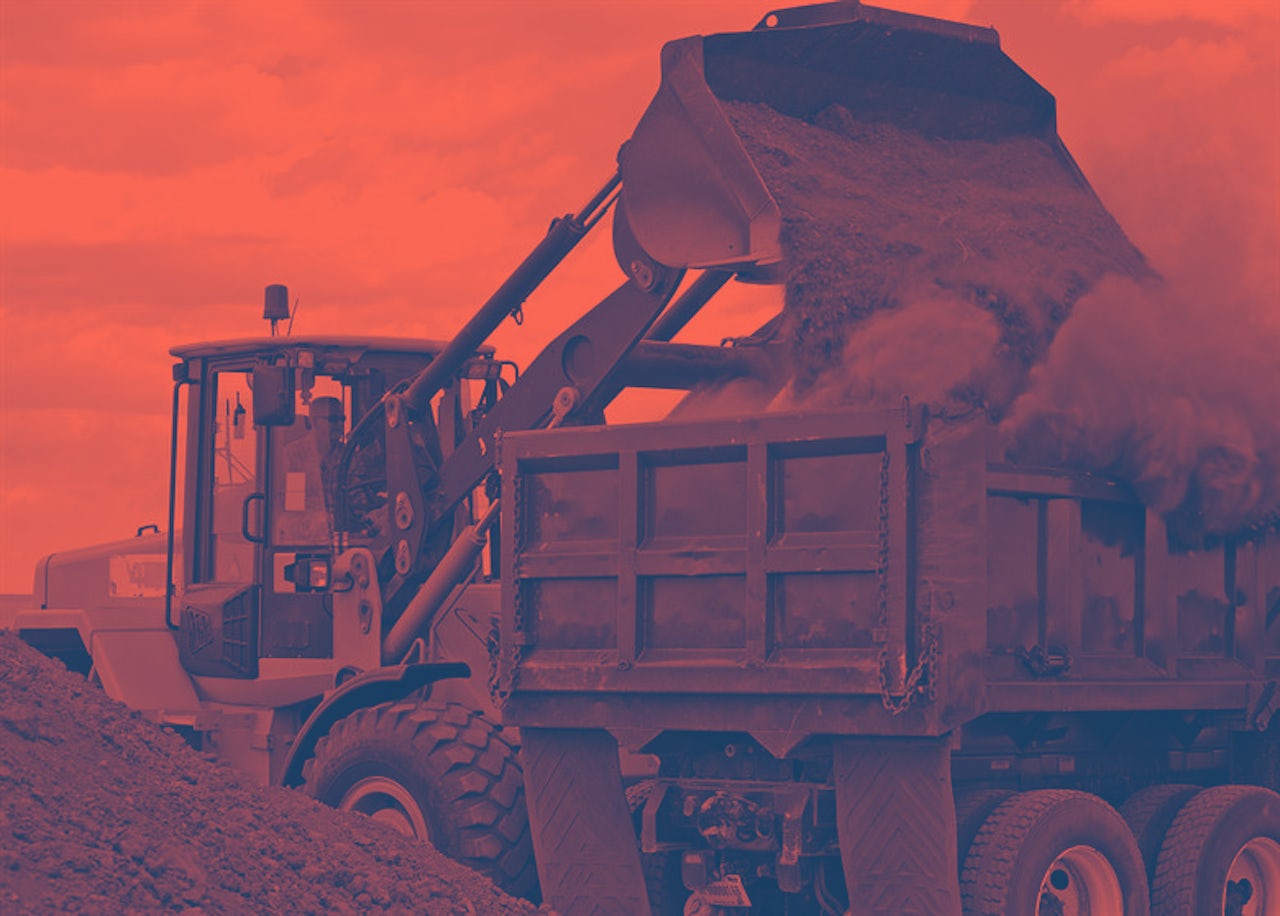The Boring Company—which aims to solve hellish traffic in Los Angeles by shooting cars through tunnels at speeds faster than subway cars—may be receiving hype from Musk-enthusiasts. But some LA residents are afraid the company is bypassing environmental regulations and putting the city at risk, in part by seeking approval for the tunnels in small pieces rather than the whole project at once, because the whole big project would have to meet much higher standards.
The company’s 2.7-mile “proof-of concept” tunnel, designed to show that the basic design for the tunnel makes sense, is almost done, according to Musk. Yet last month, two Los Angeles neighborhood advocacy groups—the Brentwood Residents Coalition and the Sunset Coalition— alleged that by breaking up the tunnel to get approval in tiny land slices, the LA City Council is bypassing state law in order to speed up the timeline on Musk’s self-described “hobby” project.
The biggest challenge faced by Silicon Valley companies like Musk’s face isn't whether the technology is possible; it’s whether these companies can feasibly respect the people who may not use the service, but stand to be affected by it. It’s very easy for a tech company to claim it has the capacity to improve the “soul-crushing” aspects of people’s lives. But just because the company in question intends positive impacts doesn’t mean that those will be the only impacts.
At full capacity, the Boring Company’s environmental impact would be much, much greater than it is now with just the proof-of-concept tunnel. Studies have shown that a transportation system’s capacity to meet demand increases—like, say, building a highway or series of tunnels—traffic won’t actually go down. It will go up in order to respond to the added capacity.
The Boring Company correctly claims that underground tunnels reduce air and noise pollution. Still, this doesn’t solve the environmental impacts of car reliance generally. In fact, it builds upon that reliance. (The company also claims on their FAQ page that it will repurpose tunnel dirt to make bricks for affordable housing. It may or may not have started as a joke in bad taste, but bricks are, well, not the root of the high cost of living in LA.)
But this specific lawsuit focuses on the environmental impact that the Boring Company’s tunnels are having in LA right now. For starters, the proof-of-concept tunnel alone involves disrupting 80,000 cubic yards of soil and using 26 haul trucks for six days out of the week for nine months. And those hours could be higher if LA were to give the green light for extended soil-hauling hours, according to the coalitions.
The Brentwood Residents Coalition and the Sunset Coalition claim that by breaking up the tunnel to get approval in tiny land slices, the city skirts around the protections laid out in the statewide California Environmental Quality Act (CEQA). As residents, they claim that that they are entitled to a “more appropriate and transparent public hearing process for such a highly impactful project.”
Per the CEQA, a project like the Boring Company’s tunnels wouldn’t have to go through a robust environmental review process—which could take months or years assessed as one big project—if the city report finds that it won’t impact the environment very much. When the project is broken up into smaller pieces, it could theoretically make a big environmental impact look much smaller. In March, the city of LA concluded that the Boring Company’s plans for its proof-of-tunnel was small enough that wouldn’t affect the environment very much, allowing the company to skip the extra review process.
But the Brentwood Residents Coalition and the Sunset Coalition allege that the city underestimated the environmental impacts, making this first-stage of tunnel approval illegal under state law. The CEQA says that a project “would not result in any significant effects relating to traffic, noise, air quality, or water quality” in order to avoid more environmental impact tests. Considering the soil excavation and transport of soil alone, it seems like the Boring Company wouldn’t fit the bill.
The Boring Company proof-of-concept tunnel meets the CEQA’s size requirement for low environmental impact, since it’s less than five acres in size. But if the city-wide tunnel system is approved in bite-sized pieces, the coalitions fear that the large-scale impacts of a connected system won’t be properly considered.
“Considering a larger project in piecemeal fashion by dividing it up into segments or phases overlooks the cumulative effects of the whole action,” the Brentwood Residents Coalition said in a publicly released email to the LA city council.
In an email to The Outline, a Boring Company representative said, “We are holding a community meeting tomorrow night to address questions about the LA project and outline the vision for the company.” It’s not clear whether the Brentwood Residents Coalition and the Sunset Coalition will attend this meeting. (Neither organization immediately responded to The Outline for comment.)

